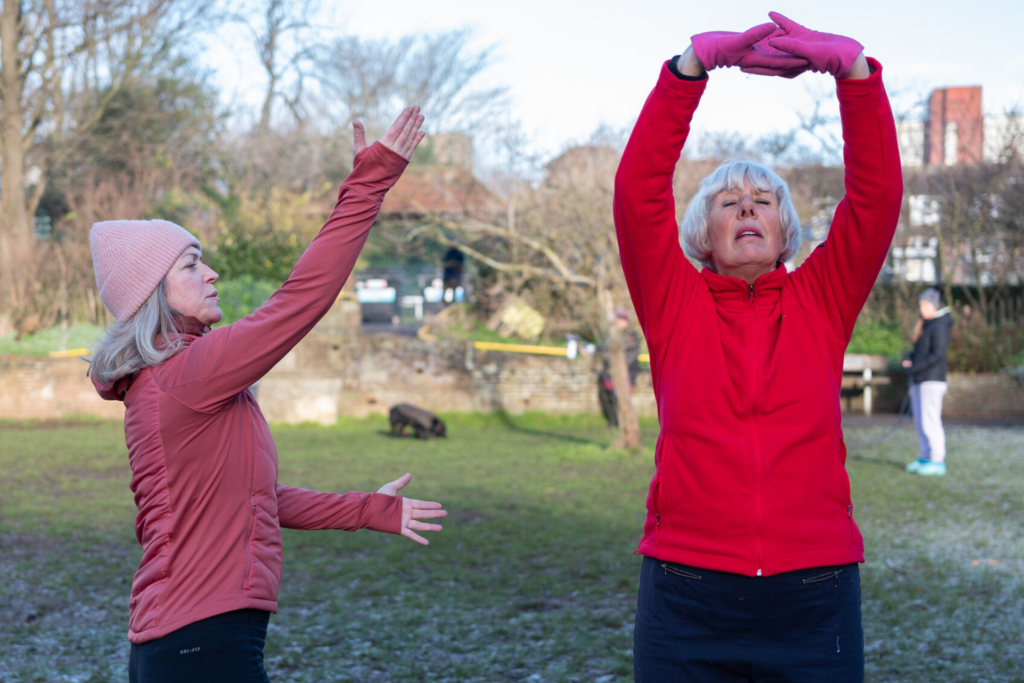Anna C. Whittaker1, Simone A. Tomaz1, Hannah Bradwell2, John Ritchie1, Katie Edwards2, Leonie Cooper2, Catherine Hennessy1, Ray Jones2, Richard Haynes1, Gemma C. Ryde3, Pete Coffee4,on behalf of the GOALD Research Team1, the GOALD Advisory Group2 1University of Stirling, UK 2University of Plymouth, UK 3University of Glasgow, UK 4Heriot Watt University, UK; A.C.Whittaker@stir.ac.uk
Purpose
The Generating Older Active Lives Digitally (GOALD) project aimed to explore how to use digital technology to keep older people physically active and socially connected for health and wellbeing. This project took a novel inclusive interdisciplinary approach working with a range of collaborating organisations to review and co-design digital technologies that support social connectedness, through physical activity, and sport reminiscence. This presentation presents the outcomes from Phase 1 where researchers engaged with an advisory group to determine key challenges and potential outcomes of intergenerational engagement with digital technology for health and wellbeing.
Methods
Participants were 28 individuals with experience in working with older people (range: 1-41 years) across different contexts (e.g., nursing care, social work, family care) and with some themselves being older (age range: 32-79 years). Over eight months, advisory group members were invited to ten 1hr meetings facilitated by GOALD researchers to help develop data collection measures, and address recruitment issues for future co-production and design plans. Recordings were transcribed and subjected to thematic content analysis.
Results
Challenges identified at advisory group meetings worked as a proxy for anticipated challenges as the GOALD project unfolded. Examples of key challenges were continuing COVID-19 restrictions in England and Scotland, internet disruptions, care home staffing, and family responsibilities. The shared expertise from the advisory group through their working and lived experiences helped to direct and refine the next steps of the GOALD project, including appropriate survey design, awareness of the contextual realities of research in care homes, and appropriate consideration of people with different abilities.
Conclusions
Lessons learned about how challenges such as the care home context, timing, technical support, and competing priorities influence co-produced research helps to inform researchers on how to approach intergenerational and/or co-productive research methods and design of tools to enhance older adult health and wellbeing through physical activity and sport. Support/Funding Source This project has received funding from the UKRI and ESRC Healthy Ageing Social Behavioural and Design Research Programme (SBDRP) grant No ES/V016113/1. https:// www.plymouth.ac.uk/research/centre-for-health-technology/ goald
